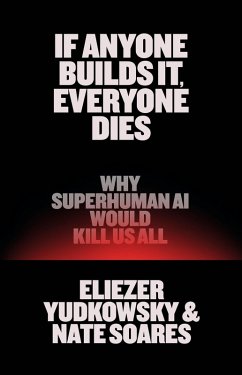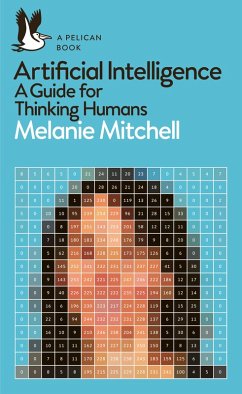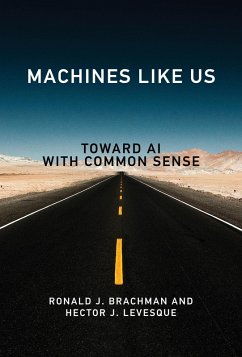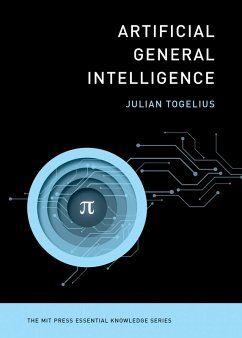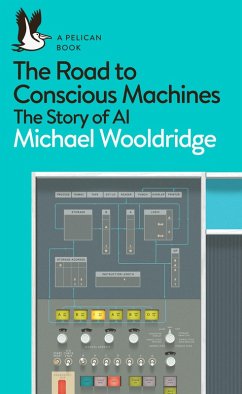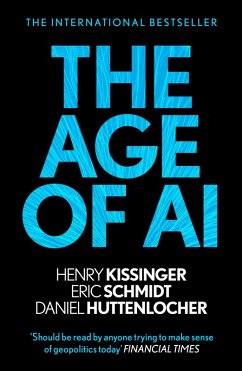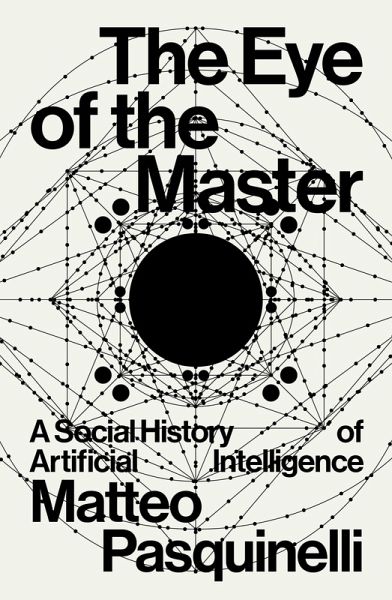
The Eye of the Master (eBook, ePUB)
A Social History of Artificial Intelligence
Versandkostenfrei!
Sofort per Download lieferbar
13,95 €
inkl. MwSt.
Weitere Ausgaben:

PAYBACK Punkte
7 °P sammeln!
What is AI? A dominant view describes it as the quest "to solve intelligence" - a solution supposedly to be found in the secret logic of the mind or in the deep physiology of the brain, such as in its complex neural networks. The Eye of the Master argues, to the contrary, that the inner code of AI is shaped not by the imitation of biological intelligence, but the intelligence of labour and social relations, as it is found in Babbage's "calculating engines" of the industrial age as well as in the recent algorithms for image recognition and surveillance.The idea that AI may one day become autono...
What is AI? A dominant view describes it as the quest "to solve intelligence" - a solution supposedly to be found in the secret logic of the mind or in the deep physiology of the brain, such as in its complex neural networks. The Eye of the Master argues, to the contrary, that the inner code of AI is shaped not by the imitation of biological intelligence, but the intelligence of labour and social relations, as it is found in Babbage's "calculating engines" of the industrial age as well as in the recent algorithms for image recognition and surveillance.
The idea that AI may one day become autonomous (or "sentient", as someone thought of Google's LaMDA) is pure fantasy. Computer algorithms have always imitated the form of social relations and the organisation of labour in their own inner structure and their purpose remains blind automation. The Eye of the Master urges a new literacy on AI for scientists, journalists and new generations of activists, who should recognise that the "mystery" of AI is just the automation of labour at the highest degree, not intelligence per se.
The idea that AI may one day become autonomous (or "sentient", as someone thought of Google's LaMDA) is pure fantasy. Computer algorithms have always imitated the form of social relations and the organisation of labour in their own inner structure and their purpose remains blind automation. The Eye of the Master urges a new literacy on AI for scientists, journalists and new generations of activists, who should recognise that the "mystery" of AI is just the automation of labour at the highest degree, not intelligence per se.
Dieser Download kann aus rechtlichen Gründen nur mit Rechnungsadresse in A, D ausgeliefert werden.







